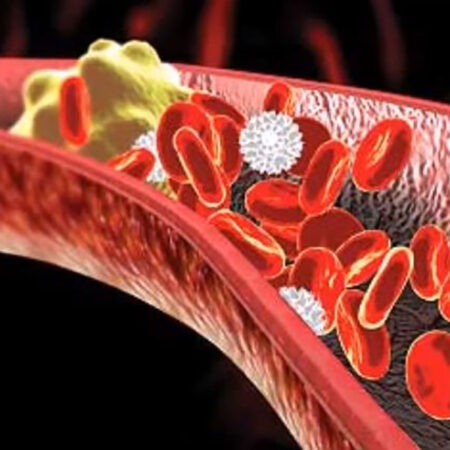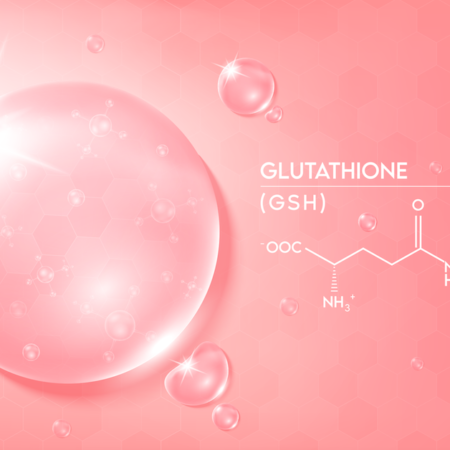Causes and symptoms of a folate deficiency, from a dietary error to assimilation problems
Since it is a substance naturally contained in many foods, it is difficult for a healthy person who follows a balanced diet to have a folate deficiency, and therefore vitamin B9. Leaving aside the period of pregnancy, in which, as we have seen, women need an additional amount of vitamin B9, meeting their needs without needing to take folic acid should be the norm for adults and children. When this does not happen, the causes can be of two types. Either the person actually does not eat a balanced diet and does not introduce sufficient folate sources into the diet to fill his needs, or his body is unable to assimilate them, and in this case we need to investigate the reasons why this happens.
The main causes of folate malabsorption deficiency
- Suffer from inflammatory bowel diseases including Crohn’s disease and ulcerative colitis
- Being diabetic
- Being an alcoholic
- Being celiac
- Follow a strictly vegetarian diet (intake of folates from plant foods may not be sufficient)
- Taking medications including diuretics and methotrexate used to treat many systemic autoimmune diseases
The question that arises spontaneously at this point is the following: how do we know, or suspect that we have a folate/vitamin B9 deficiency?
The answer is linked to the symptoms that this type of deficit can cause.
What symptoms may suggest a vitamin B9 or folate deficiency
Vitamin B9 or folate deficiency can lead to various consequences for our health, the severity of which depends on the severity of the deficiency. The symptoms are very important, as often happens, to guide the necessary checks, let’s look at the most recurring ones:
- Megaloblastic anemia (find out from blood tests), occurs when a lack of folate causes the bone marrow to produce larger-than-normal red blood cells to compensate for a lower-than-normal number
- Weakness, exhaustion
- Hair loss
- Shortness of breath (dyspnea)
- Arrhythmia, altered heartbeat
- Inflammations of the oral cavity including canker sores, gingivitis and/or stomatitis, glossitis
- Dizziness and balance disorders
- Ovulatory difficulties, infertility
- Heachache
- Difficulty concentrating
- Sleep disturbances despite tiredness
- Diarrhea
- Alteration of the sense of taste
- Pale, dull and dry skin
In the presence of all or some of these symptoms it is a good idea to inform your family doctor and first establish a series of tests that can check the levels of folate in the blood and urine.
We will see later how the lack of vitamin B9 has negative effects on the nervous system and how it can represent a risk factor for mental pathologies such as depression. But first, let’s also try to consider the opposite and rarer problem.
What about excess vitamin B9?
This eventuality is mostly associated with unnecessary folic acid supplementation, as often happens in do-it-yourself prescriptions. As we have seen, going folate deficient if you are not a pregnant woman or do not take drugs that reduce the body’s ability to absorb them, or if, finally, you do not suffer from the diseases/conditions we have seen, nor from alterations in the metabolism , it is very rare.
The human body is able to assimilate up to 1 mg of this substance per day without problems, even taken in the form of folic acid as a supplement, while excesses are eliminated in the urine. There is, however, a problem that may be linked to a specific allergy to folic acid as a food supplement, or to a difficulty in digesting it.
In the case of an allergic reaction, typical symptoms such as itching hives, breathing difficulties and swelling of the mucous membranes may occur.
In the second case the symptoms mainly include nausea, a feeling of disgust and a bad taste in the mouth. In both cases it is advisable to inform your doctor and stop taking folic acid.
Last consideration, although there is no incontrovertible scientific evidence that associates vitamin B9 with an increased risk of tumors, in particular intestinal cancer, supplementation with folic acid is not recommended to people who are familiar with this neoplasm.
How to check folate levels? Our advice
With the metabolomic profile test of organic acids, simply from a urine sample, the metabolites of folates will be examined and the efficiency of absorption of these substances by your body will be evaluated. This is a particularly complete test that analyzes organic acids and traces your metabolic and nutritional profile. In addition to measuring the concentration of pyrimidine metabolites associated with folate metabolism, any additional vitamin deficiencies can be identified. Having a complete picture will make it much easier for your doctor to evaluate the best strategy to adopt to deal with your situation. Contact us to receive any information.













